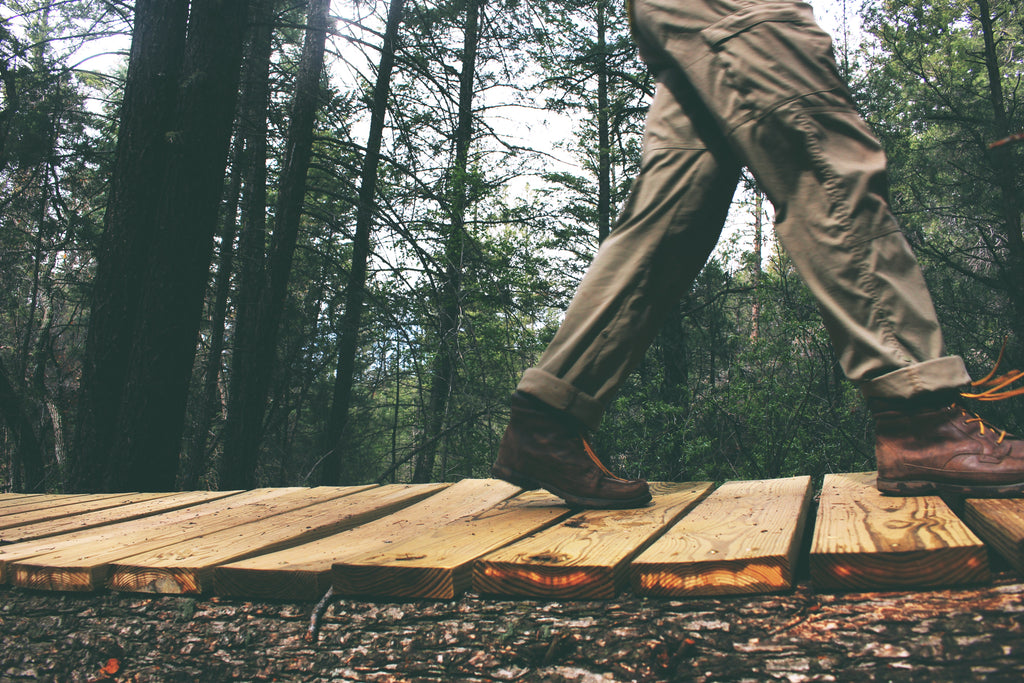We all know how good it is for us to walk.
Now we know it is even better if we can get in 10,000 steps per day. The benefits are many, according to American Cancer Society research: "
Walking has been associated in previous studies with lower risk of cancer, heart disease, and diabetes.
“Going for a walk at an average to brisk pace can provide people with a tremendous health benefit. It’s free, easy, and can be done anywhere,” says Alpa Patel, PhD, Strategic Director, CPS-3, American Cancer Society.
Even more encouraging for older adults, "the findings from a 2017 study of almost 140,000 people participating in the American Cancer Society Cancer Prevention Study II Nutrition Cohort "found that all levels of walking, even levels below the recommended guidelines, were associated with lower mortality risk. Participants who walked for less than 2 hours per week had a lower death risk than those who got no activity at all. And those who got in 1 to 2 times the recommended level of physical activity just through walking had a 20% lower mortality risk. The average age of participants in the study was about 69 years. About 6% to 7% of them reported they get no regular moderate or vigorous physical activity. Of the rest, 95% said they do some walking for exercise. About half of those said walking was their only form of physical activity. Most participants who walked reported a pace of about 2.5 miles per hour."
And your walking time can be broken up throughout the day. Every movement counts! So add a little extra here and there and those steps will really add up. When parking, park as far from your destination as is comfortable for you. Run your errands on foot and break up your tasks into small walks throughout the day.
When possible take time to walk in nature.
There is lots of proven research into the psychological benefits of a nature walk, at Stanford University recent studies found that people who walk for 90 minutes in nature “showed decreased activity in a region of the brain associated with a key factor in depression” but little physiological differences than those who walked for 90 minutes in a city. They also found that those who walked in nature experienced less anxiety, rumination (focused attention on negative aspects of oneself), and negative thinking, as well as feeling more positive emotions. Happiness.
Walking improves every aspect of your wellbeing. And best of all it is "free, easy and can be done anywhere".


